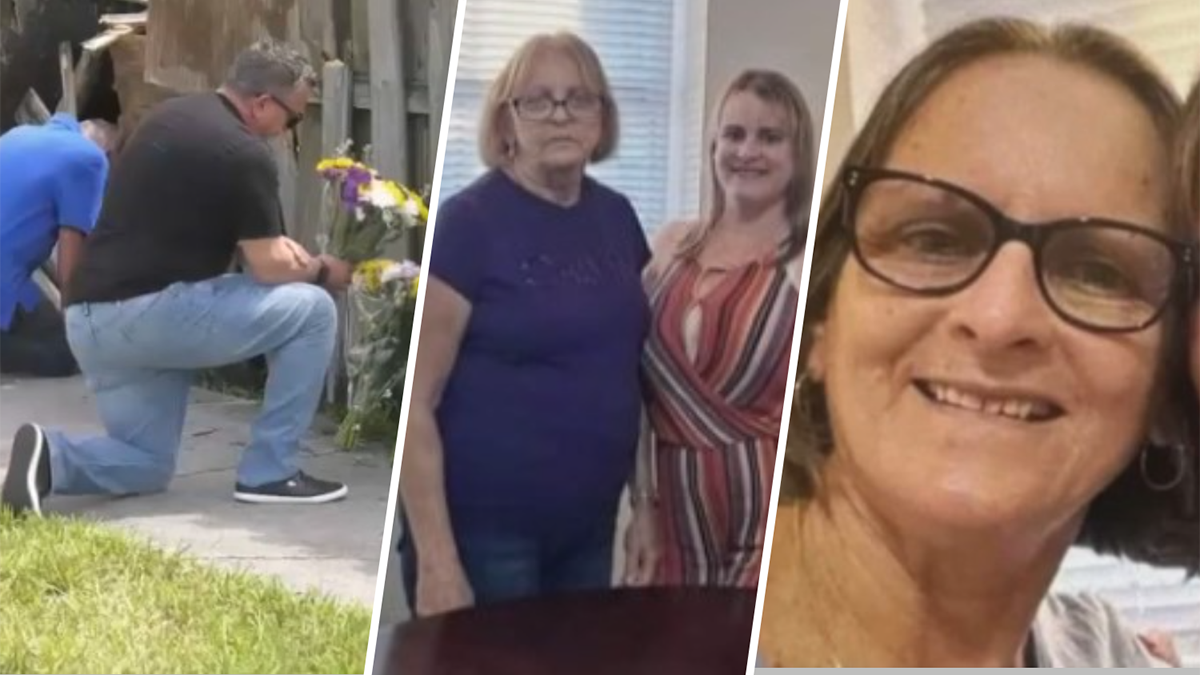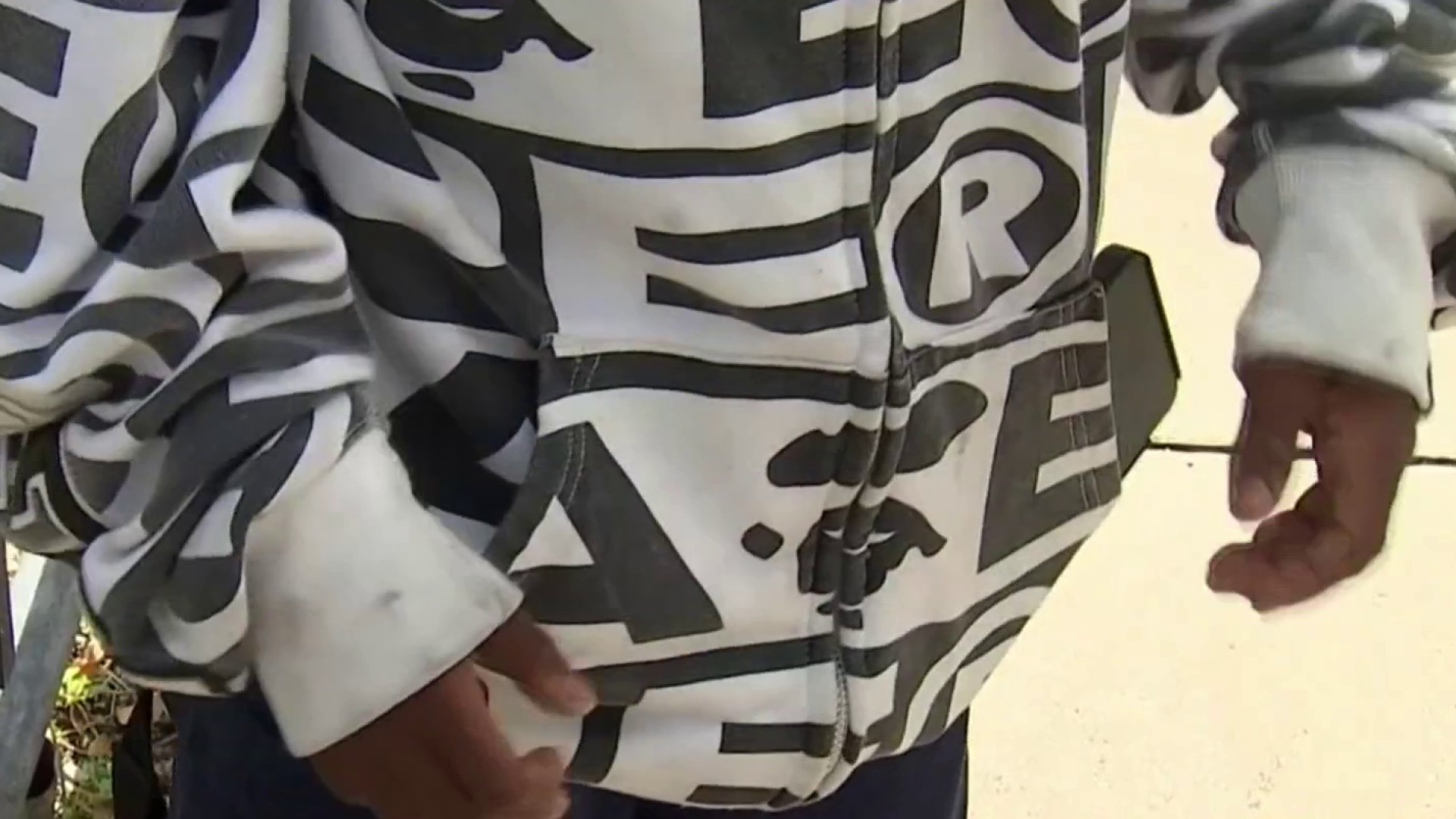It took just one day for Buster to know he had a new, permanent, loving family after the Horruitiners adopted the purebred bulldog from the Miami-Dade Animal Services Shelter last December. Six-year-old Gavin Horruitiner loves Buster.
"He jumps on us a lot," he says with a smile. "And he’s really nice."
There are about to be a lot more Buster success stories in a very short period.
In an audacious undertaking rarely done in the nation, Miami-Dade Animal Services and the Humane Society of Greater Miami want to adopt out every single dog and cat in their two shelters in one 24-hour marathon adoption event. It will be held in Tropical Park from midnight on March 30 to midnight on March 31.
The nation's original dog shelter charity, the ASPCA, which selected MDAS among only a few shelters in the nation to guide and consult, is helping to organize the marathon to achieve two goals: find homes for more than 500 dogs and cats, and raise awareness of the bigger issue of pets in need of a family.
“We have great pets here!” says Alex Munoz, with a cat on his sleeve.
The new director of the Miami-Dade Animal Services Shelter has his hands full, indeed.
Local
There are tens of thousands of success stories in the buzzing, noisy lobby of the shelter in medley every year. Yet they need more, Munoz says.
Despite Miami-Dade's low spay neuter compliance rate and very low pet license compliance, the shelter adoption rate is impressive.
So Munoz is working to, once and for all, get rid of any stigma hanging over shelter animals.
"The stigma is definitely wrong," says Munoz as a month-old puppy sleeps in one arm and a rambunctious kitty climbs the other arm. "I think shelters provide an incredible opportunity for adopting a pet and for really making (it) – whether it’s a car or a dog – a part of your family.”
Such adoption events help the shelter toward its goal of no unnecessary euthanasia. Declaring a "no-kill" shelter sounds good, but comes with lots of challenging and some say expensive steps – often making it a lofty but unattainable goal, say some experts, as shelters fear warehousing and turning animals away.
Debate aside, if adoption programs are so successful, the shelter will be – by definition – a no-kill shelter.
Creating more stories like Buster’s.
"He is a great, healthy, happy dog. We’re extremely lucky to have him," says Buster's owner, Fernando Horruitiner.
The cold truth about Buster is that, if he hadn’t been adopted in a few days, he would have been euthanized. That’s the policy. There’s not enough room. So by getting rid of all those dogs and cats into new homes in one day, the shelter alleviates itself of its biggest single problem.



